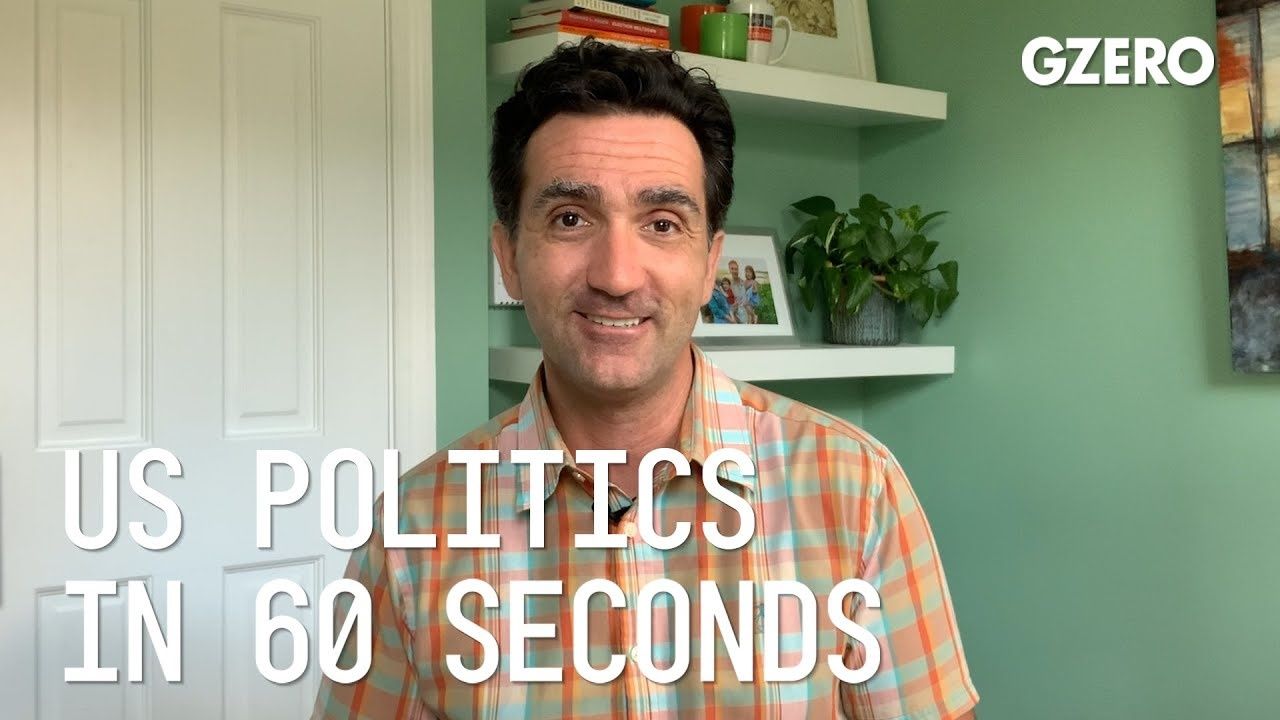Republican National Convention 2020: Trump's White House speech & other unusual plans

Watch as Eurasia Group's Jon Lieber previews the RNC 2020:
The Republicans are meeting this week for their convention, a mostly virtual affair, because the 336 delegates are still going to get together in Charlotte, North Carolina, to do all the convention business, including the roll call of states that will officially nominate the president. This is happening because the convention rules didn't allow changes that would require it to go all virtual like the Democrats did.
Other highlights of the week are going to be President Trump's speech from the White House lawn, which has raised both ethical and legal concerns that the White House seems unconcerned about. Secretary of State Mike Pompeo is giving an address from a business trip in Jerusalem, which has been unusual. And you've got a couple from Missouri who's being accused of a felony for pointing guns at protesters walking by their property a couple weeks ago. This gets at one of the themes of the convention, which is going to have a strong focus on Democratic policies that the Republicans are going to argue undermine American greatness, cater to the radical left, and are going to reverse all the progress that's been made under President Trump.
One other unusual thing is that there's no party platform this year. Usually the party's wonks get together every four years to put together a statement of what the party stands for and what they're going to win, should they take back the White House. Usually this is routinely ignored by politicians. And so this year, the Republicans decided to just get rid of the convention altogether and recycle the old platform from 2016. The president is bringing in a couple of reality TV producers, including one that worked with him on The Celebrity Apprentice, to help make this a really good show. It's going for half an hour longer than the Democrats did in primetime. And the president's hoping that he can get some kind of approval rating bounce. Right now, he's at the bottom of his range between 40% and 42%. And his approval right now, there was an Ispos poll released over the weekend that suggested Biden got about a five-point bounce to his favorability rating coming out of his convention, and that's kind of thing the president is looking for here.